Supporting Your LGBTQ+ Child: A Guide for Parents & Caregivers
Your child has just let you know that they identify as LGBTQ+ (Lesbian, Gay, Bisexual, Transgender, and Queer). Or they have shared that they are experiencing gender dysphoria – feelings of unease that the sex assigned at their birth does not match their gender identity.
As a parent and caregiver, the important thing to remember is that your love and acceptance are crucial.
Why Acceptance Matters
Mental Health: Studies show a strong link between family rejection and negative health outcomes for LGBTQ+ youth, including increased risk of health issues such as illicit drug use and suicide.
Belonging: Feeling loved and accepted by their family is essential for a young person's well-being.
Self-Esteem: Supportive families help LGBTQ+ youth develop healthy self-esteem and resilience.
How to Show Your Support
Listen Openly: Encourage your child to share their feelings and experiences by asking open-ended questions.
Love Unconditionally: Let them know your love doesn't depend on their identity.
Educate Yourself: Learn about identity terminology and identities to better understand your child.
Be an Advocate: Stand up for your child if they face discrimination.
Welcome Their Friends: Invite your child's LGBTQ+ friends and their families into your home.
Support Their Expression: Allow them to explore their gender expression through clothing or hairstyles.
What to Avoid
Dismissing Their Identity: Don't tell them it's a phase or something they'll grow out of.
Isolation: Don't prevent them from seeing LGBTQ+ friends or engaging in LGBTQ+ activities.
Secrecy: Don't force them to hide their identity.
Blocking Access: Don't block them from LGBTQ+ events or positive media representation.
Blame: Don't blame them for being discriminated against.
Verbal Abuse: Never harass or shame your child for their identity.
Resources for Parents & LGBTQ+ Youth
Boys & Girls Clubs of Sonoma-Marin is committed to safe, positive environments for youth and provides inclusion programming.
You can find LGBTQ+ family support by downloading Boys & Girls Clubs of America’s (BGCA) Engaging Families and Communities in Support of LGBTQ Youth Guide.
The CDC offers a variety of third-party parent and educator resources on supporting positive environments for LGBTQ+ youth.
The Trevor Project provides 24/7 crisis intervention and suicide prevention support for LGBTQ+ young people ages 13-24.
Remember, your support can make a world of difference in your child's life.
This story was adapted from BGCA.org.

